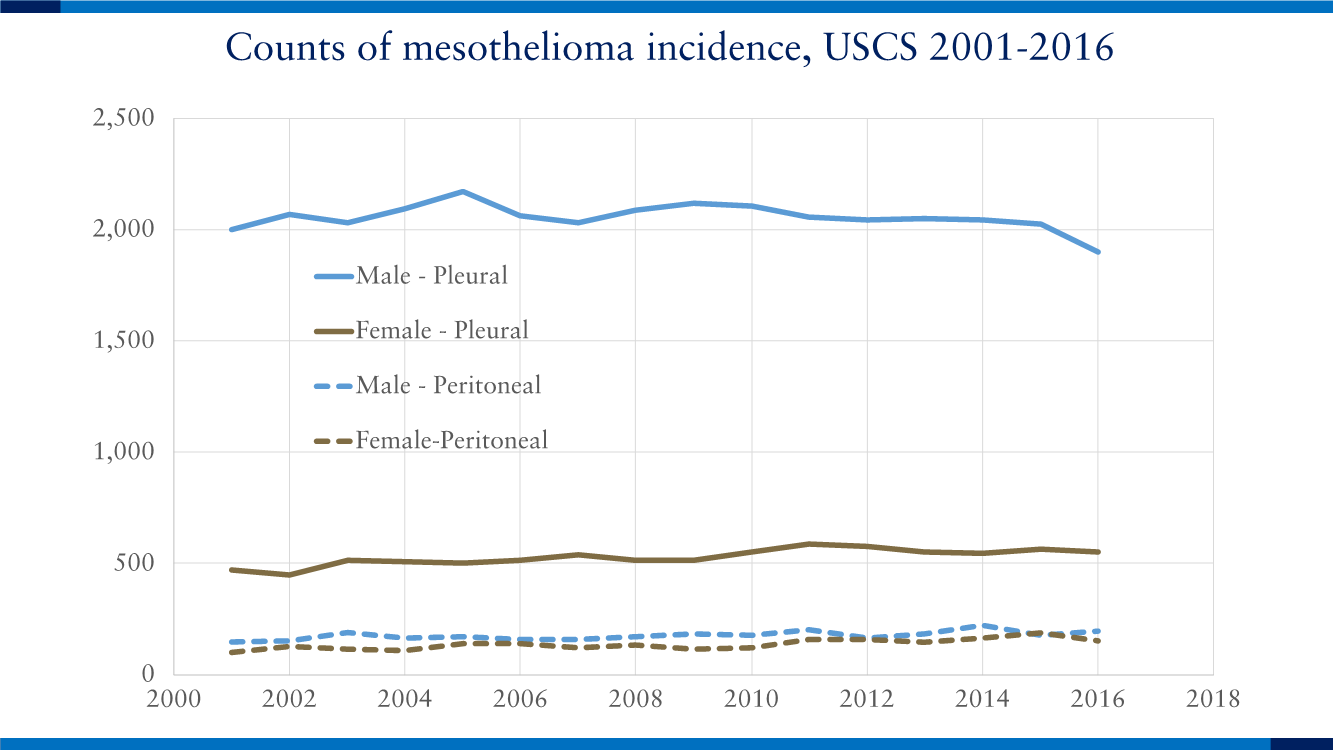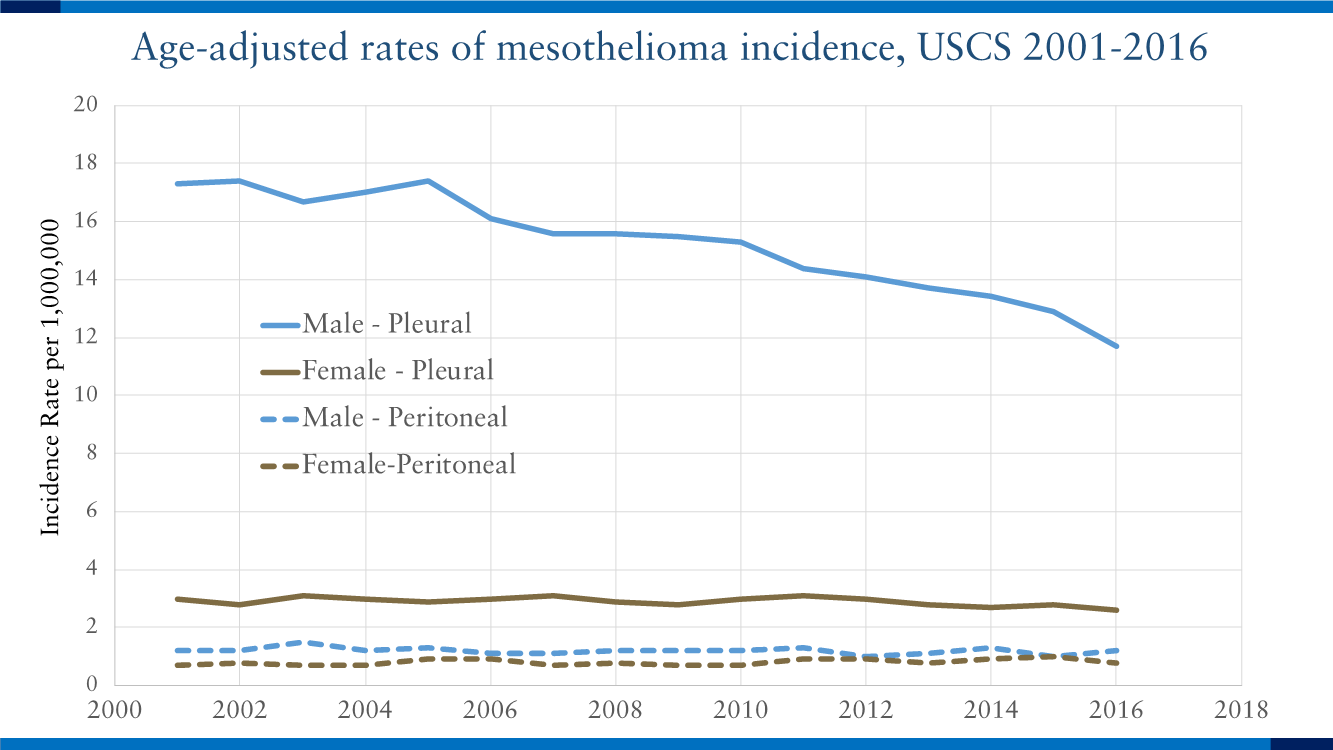Summary Judgment for Lack of Proof That Chrysotile Exposure Caused Mesothelioma
We prepared the briefing and presented oral arguments in a 2017 Maryland federal court case resulting in a decision important to the law of causation in asbestos cases. In Rockman v. Union Carbide Corp., et al., the plaintiff claimed that bystander exposure as a child to joint compound containing chrysotile asbestos caused his peritoneal mesothelioma. The Court excluded the plaintiff’s expert testimony and granted summary judgment for our client Georgia-Pacific.
The court firmly rejected theories often proposed by plaintiffs in asbestos cases seeking to establish causation by all asbestos exposures, no matter how minimal. Instead, the court required reliable studies showing that the level of exposures at issue had resulted in increased incidence of the disease claimed by the plaintiff.
Explaining why scientific evidence in an asbestos case must address the specific mineral type of asbestos to which the plaintiff claimed exposure, the court affirmed a principle significant to defendants whose products contained chrysotile asbestos rather than the less commonly used asbestos minerals.
Bankruptcy Court Finds Asbestos Product Manufacturer’s Liability de Minimis
Garlock Sealing Technologies, LLC, a former manufacturer of asbestos gaskets and packing, engaged us as Special Asbestos Defense Counsel in its bankruptcy proceeding. As part of its reorganization, the court conducted a trial in the summer of 2013 to estimate the value of present and future mesothelioma claims against Garlock. We served as trial counsel on the issues relating to whether those claims are supported by sound science. Lawyers from the Robinson Bradshaw & Hinson law firm tried the case with us and took the lead on issues related to the estimation of the claims’ value and the historical conduct of the litigation against Garlock, among others.
The court rendered its decision in Garlock’s favor on January 10, 2014. In a 65-page opinion, the court reviewed the evidence in detail, explaining why it found the scientific evidence Garlock offered reliable and why it was not persuaded by the proof offered by the Committee of Asbestos Creditors and the Future Claims Representative. The court found industrial hygiene evidence Garlock challenged is “pseudo-science at best” and concluded:
It is clear that Garlock’s products resulted in a relatively low exposure to asbestos to a limited population and that its legal responsibility for causing mesothelioma is relatively de minimis.
Read the Opinion here. The decision has been covered extensively by the national press .
Judgment Reversed for Lack of Causation Proof
We represented Garlock Sealing Technologies, LLC in an appeal of a judgment against Garlock entered by the US District Court in Louisville, Kentucky. The United States Court of Appeals for the Sixth Circuit reversed the judgment and effectively rendered judgment against the plaintiff in Garlock’s favor.
The plaintiff, Olwen Moeller, individually and as executrix for the estate of Robert L. Moeller, sued Garlock alleging Mr. Moeller’s work as a pipefitter with asbestos-containing gaskets made by Garlock were a substantial cause of his mesothelioma. Plaintiff supported her claims with expert testimony from Arthur Frank, MD, Richard Hatfield, and one of Mr. Moeller’s treating oncologists, Charles Webb, MD.
The Court of Appeals determined that the plaintiff had failed to prove that Garlock’s products were a substantial cause of Mr. Moeller’s mesothelioma as a matter of law. The Chief Judge for the Sixth Circuit, writing for the majority, explained:
On the basis of this record, saying that exposure to Garlock gaskets was a substantial cause of Robert’s mesothelioma would be akin to saying that one who pours a bucket of water into the ocean has substantially contributed to the ocean’s volume.
Read the Opinion here .


